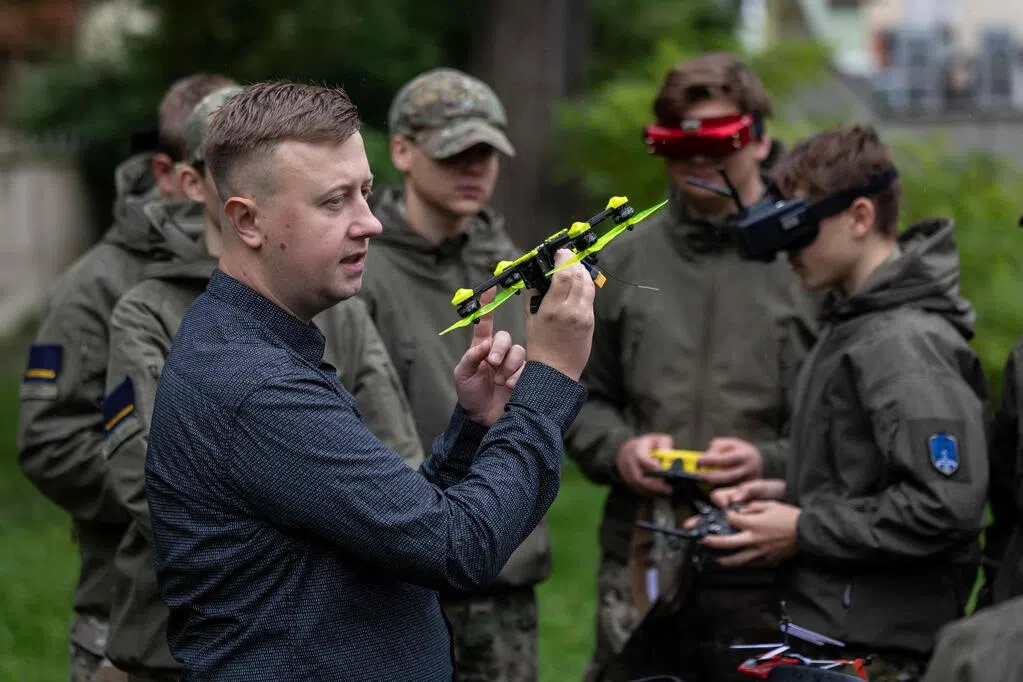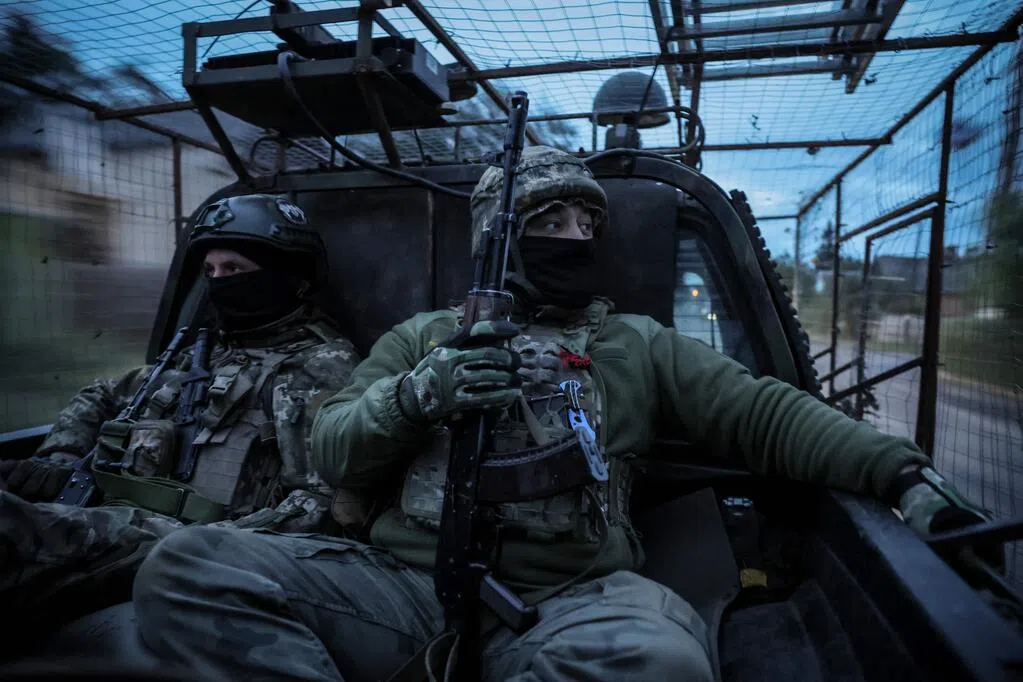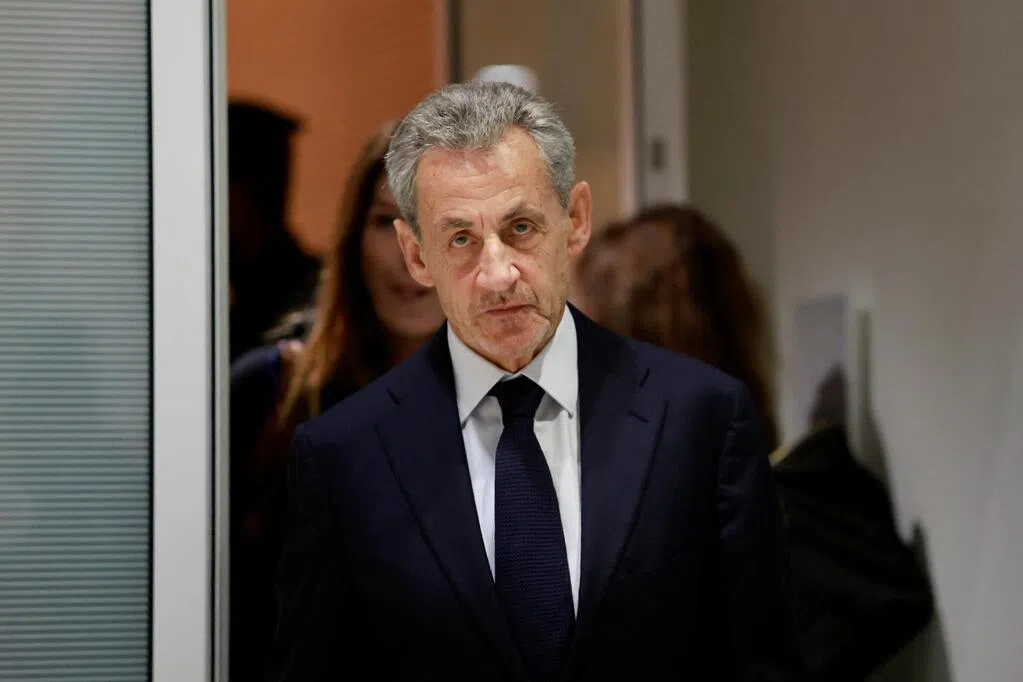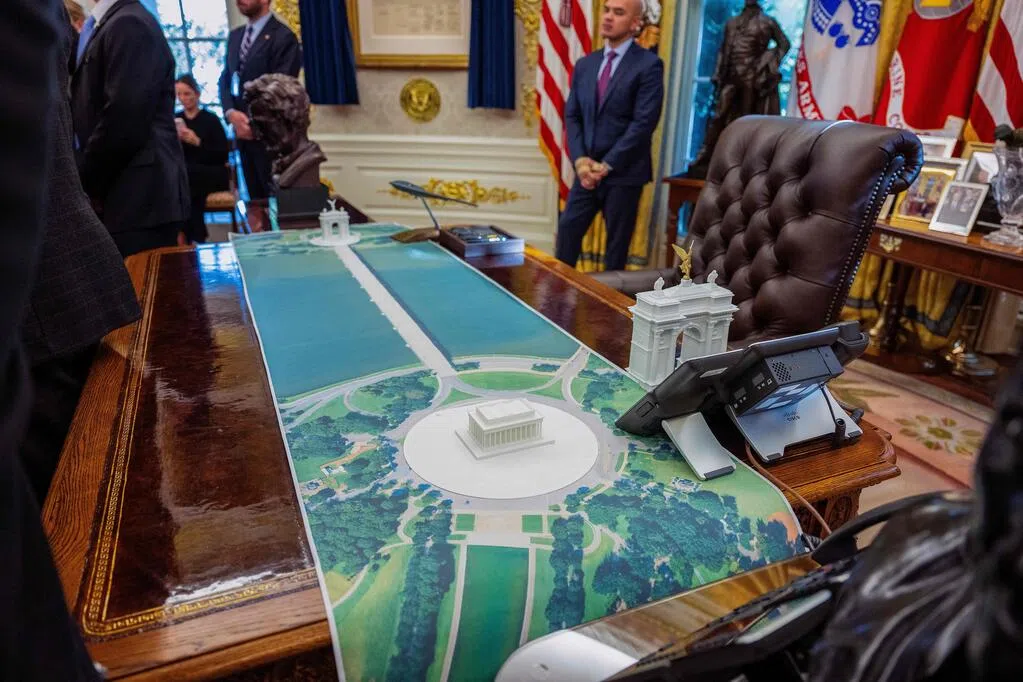(London, October 20) - The British armed forces will be given new powers to shoot down unidentified drones flying over military bases in response to growing threats from Russia.
At a defense and security event at Mansion House in London on Monday (October 20), British Defense Secretary Healey said: "Russia's aggression continues to escalate and even extend further westwards... We will continue to do everything we can to protect the British people, and we are currently developing new laws to shoot down unidentified drones over British military bases."
The Daily Telegraph reported the previous day that the new powers will initially apply only to military bases, but there is no ruling out the possibility of expanding to other important facilities such as airports. Under the proposals, the British military will be able to use specialized anti-drone equipment to track incoming drones, hijack their signals and redirect them, and even shoot them down on the spot. Under current regulations, the military can only shoot down drones on the spot in "extreme circumstances."
Recently, frequent drone violations in Europe have caused widespread concern. Several European countries claim the drones are from Russia, but Russia denies the allegations.
Healey stated: "A new era of threats has arrived. Not since the end of World War II has European security faced such a grave risk of interstate conflict."
Further reading


Last month, Poland shot down several drones that entered its airspace. In Germany and Denmark, drones flying over airports disrupted air traffic. Last year, unidentified drones were also spotted over three British military bases used by the US military.
To counter drone intrusions, the European Union has proposed building a "drone wall" and plans to be prepared for a possible war with Russia by 2030.
Healey also announced on Monday that the UK will accelerate funding for drone production and begin joint production with Ukraine of new interceptor drones in the coming weeks.
Healey stated, "Our values remain unchanged, but our policies and ambitions must change: business as usual is no longer enough to meet the challenge. The coming years will depend not only on regular coordination among allies, but also on the readiness of our joint deterrent."



